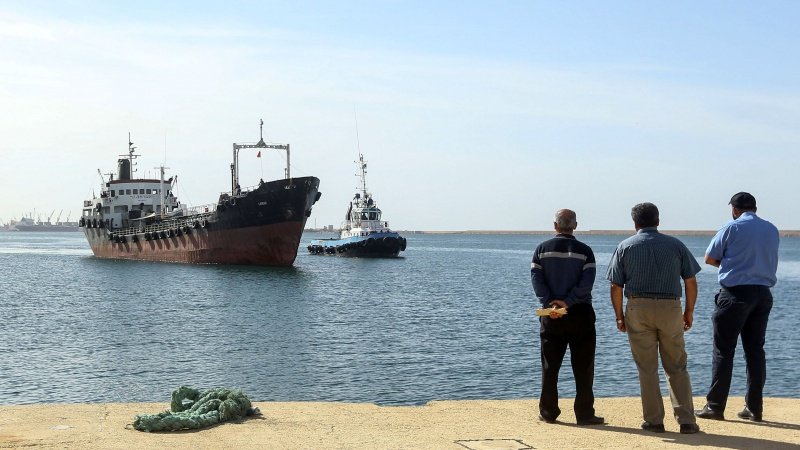“Moody’s experts believe that longer-term uncertainty may have increased and ruled out a solution to the rapidly accumulating economic crises within months, putting risks on the pillars of Tunisia’s growth which is already a fragile economy.”
Tunisia needs an urgent miracle to emerge from the international downgrade of its economy, which has worsened after Moody’s downgraded the country’s rating.
Moody’s downgrades Tunisia’s rating to B2 from B1, outlook changed to stable, as authorities struggled to change the tools of the slowing financial system by assigning this almost impossible task to a new Central Bank Governor.
This step was expected. It is a completion to what the European Parliament started last month when it placed Tunisia on its black list of high-risk countries in money laundering and terrorist financing, according to a report by the Financial Action Task Force (FATAF).
The EU has already shocked Tunisia last December when it was included in its black list of tax havens, although a month later it was removed from the list, perhaps for political reasons to support the country, which has become an example of an emerging democracy, and rather placed it in the gray list.
Moody’s experts believe that long-term uncertainty may have increased and ruled out a solution to the rapidly accumulating economic crises within months, putting risks on the pillars of Tunisia’s growth which are already fragile.
Moody’s highlighted the size of monetary reserves, which continue to fall day after day. Official data show that they stand at $ 4.63 billion, i.e. within seven years the state lost $ 8.87 billion of foreign currency.
Besides, the accumulation of foreign debt was a key factor in the pessimistic outlook. The main reason for Tunisia’s failure to repay part of its debt is due to the large expected deficit in the 2018 budget due to the stagnation of many strategic sectors such as phosphate.
This contraction was reflected in the current account, which continued to decline rapidly, as evidenced by last year’s deficit of 10 % in the Gross Domestic Product (GDP).
The International Monetary Fund (IMF)’s pressure on Tunisia to get a $ 2.9 billion loan to overcome its ordeal in exchange for tough action in highly sensitive files appears to be another reason for Tunisia’s drowning in “black” ratings.
“The responsibility of negative international rating lies on the political class problems and on the trade union rebellious and challenging attitude against the Tunisian government.”
There is a growing concern about a slide in the risk of the country’s default on its obligations, including loans and interest, and the fact the country will remain hostage to the recommendations of the international financial institutions as credit continues to expand.
Moody’s expects the country’s public debt, which at the end of last year reached 70% of GDP, to continue to rise, as a result of the country’s declining ability to pay back the loans.
According to Moody’s estimates, Tunisia’s public debt will reach 73 % in 2019, which is appalling, according to analysts, especially as about 65 % of that debt is in hard currency.
The rise in the debt aggravated the difficulties of meeting commitments to uncontrolled spending, especially on public sector salaries, which reached a record level of $ 6.5 billion a year, in return for falling production and high unemployment and inflation, which exceeded for the first time the rate of 7 %.
The level of Tunisia’s external debt, which did not exceed 37 % in 2010, reflects the failure of all successive governments since then to adopt a strategy to stabilize economic indicators due to ongoing political disputes.
The widespread corruption in the state despite the war declared by the current government and the weakening of the administration are another reason for Tunisia to have negative international indicators, because this turbulent climate is shaking the investor’s confidence and curbing the economic activity.
Moody’s, however, gave Tunisia a glimmer of hope to move forward, noting that this would depend on the recovery of exports of services, industry and agriculture this year to help reduce the unprecedented trade deficit of over $ 6 billion.
Finally, the government cannot deal superficially with all these indicators and restrict them to reforms that are still slow, with doubts about their success already. This issue has more serious dimensions and the responsibility of solving it lies with the political class overwhelmed by its problems, as well as the rebellious attitude of the trade unions against the government.
TunisianMonitorOnline –MNHN (Translated from Al-Arab, article written by Riadh Bouazza)




